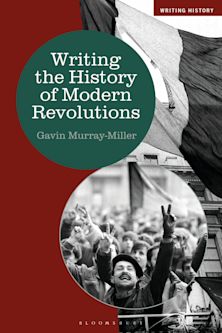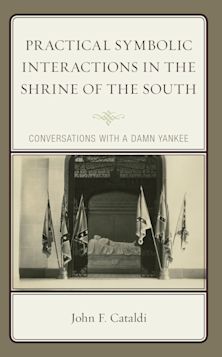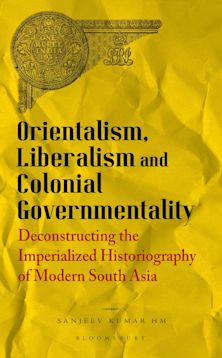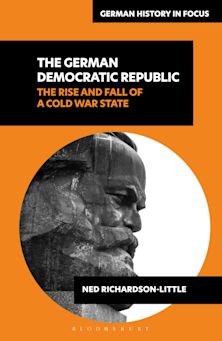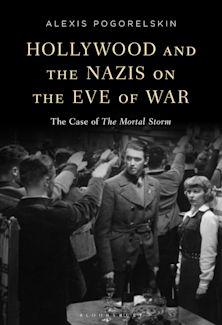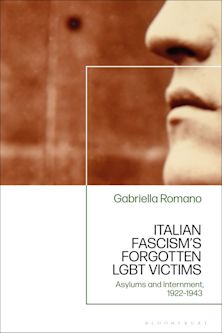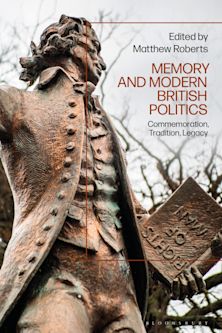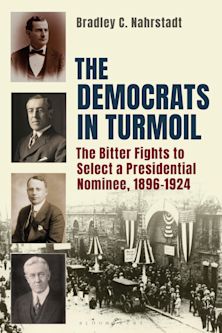- Home
- ACADEMIC
- Politics & International Relations
- Political History
- Reason’s Inquisition
This product is usually dispatched within 2-4 weeks
- Delivery and returns info
-
Flat rate of $10.00 for shipping anywhere in Australia
You must sign in to add this item to your wishlist. Please sign in or create an account
Description
Reasons Inquisition: On Doubtful Ground is an exploration in the literature of political philosophy before and after Alfarabi and ranging from Thucydides to Leo Strauss and Eric Voegelin. These studies, most of them previously unpublished, open inquiries into theory and practice, reason and revelation, and the relation between thinkers ancient and modern. Readers may be surprised to see the Platonist Alfarabi presented as a critic of Plato’s theory in the name of practice, while Alfarabi and Hobbes are shown to have a common interest in a theory commensurate with action. Strauss, Voegelin and Lucien Febvre all explore the problem of reason and revelation in relation to the limits of human knowledge. An ambitious study of Shakespeare’s Macbeth explores the ambiguity of both nature and knowledge in relation to male and female, good and evil, present and future. The contrast between ancients and moderns is explicit in questions of the modern aspects of Marlowe’s Doctor Faustus and of Rousseau’s reversal of Plato. Kierkegaard and Heidegger bring radical modernity into focus against a Platonic background in the closing essay. These diverse essays attempt to follow the thinkers and themes explored in turning a critical gaze upon reason itself.
Table of Contents
Chapter 1. Theory and Practice: Alfarabi's Plato Revisited
Chapter 2. The Platonism of Alfarabi
Chapter 3. Neoplatonism and Alfarabi's Politics
Chapter 4. Beyond Theory and Practice: The Natural and the Voluntary in Alfarabi's Philosophy of Aristotle
Chapter 5. Plato's Phaedrus and the Rhetoric of the Human Things
Chapter 6. Theory and Practice in Maimonides' Guide of the Perplexed
Chapter 7. East Meets West: Alfarabi and Hobbes
Part II. Reason and Revelation
Chapter 8. Reason and Revelation in the Thought of Leo Strauss
Chapter 9. A Man's World: Women in Macbeth
Chapter 10. Lucien Febvre and the Right to Unbelief
Chapter 11. Reasoning about Revelation
Chapter 12. History and Gnosis: Voegelin's Reply to Bultmann
Chapter 13. On Voegelin's Interpretation of Political Reality
Part III. Ancients and Moderns
Chapter 14. Thucydides and the Political
Chapter 15. War and Peace: The Relevance of Aristotle
Chapter 16. Marlowe's Doctor Faustus
Chapter 17. Politics and E
Product details
| Published | 29 Aug 2023 |
|---|---|
| Format | Hardback |
| Edition | 1st |
| Extent | 278 |
| ISBN | 9781666921953 |
| Imprint | Lexington Books |
| Dimensions | 239 x 161 mm |
| Publisher | Bloomsbury Publishing |
About the contributors
Reviews
-
The central theme of this book is that illicit financial flows prevent African countries from fulfilling the right to development. The book's 14 articles are written mostly by people with a background in law and human rights. This emphasis on the right to development is one reason why many of the articles reference United Nations and African Union (or its predecessors) treaties and charters, and specific articles within them. The definition of illicit financial flows and their cost to Africa are given repeatedly, along with their relationship to the right to development. Multinational corporations, financial institutions, and other actors outside Africa are seen as aiding and abetting the illicit financial flows; their cooperation is necessary for these flows to end. The authors give specific attention to events in Ethiopia, Nigeria, South Africa, and Uganda with regard to illicit financial flows; they also supply more general articles on the topic. [Illicit] financial flows is an important topic with a wider impact than their hurt to progress in African countries. Recommended. Advanced undergraduates through faculty.
Choice Reviews
-
Bringing together years of reflection in a rich volume, Christopher Colmo exemplifies how perceptive and learned readers can draw on thinkers from vastly different historical periods and intellectual traditions to revisit timeless philosophical questions. The reader of this volume will gain valuable insights by following this transhistorical dialogue between eminent thinkers masterfully curated by Christopher Colmo.
Rasoul Namazi, Duke Kunshan University
-
“Christopher Colmo’s book probes the fundamental question which, in contemporary thought, was first asked by Leo Strauss: Can we truly know what the right or best way of life is? He writes crisply and clearly in exploring this question and issues related to it, such as reason and revelation as well as ancients and moderns. He also argues resolutely in favor of the contention that the modern position (which asserts the ultimate priority of the practical) is virtually unavoidable. And he moves beyond even this contention to boldly investigate the unconventional thesis that the modern position itself began not with Machiavelli, Hobbes, or Descartes, but rather with the medieval Islamic thinker, Alfarabi. Colmo’s book consistently and uncompromisingly tracks this line of thought through studies of an impressively wide range of thinkers, from Thucydides to Voegelin. His assiduous readings, while certainly challengeable, make his book original and thoughtful-provoking, and likely to be controversial. In view of his basic premise—namely, that Leo Strauss asked about precisely the right thing—this book eminently deserves the attention of all those who recognize the abiding centrality of that fundamental question.”
Kenneth Green, University of Toronto
-
“These clearly written essays offer the reader thoughtful and thought-provoking analyses of important texts in political philosophy, from Thucydides, Plato and Aristotle to Farabi and Averroes, to Shakespeare, Marlowe, Descartes, Hobbes, Montesquieu, and Rousseau, to Kierkegaard, Heidegger, Voegelin and Strauss. They are the result of life-long reflection on questions of political philosophy, especially of philosophy and its relation to political life, and will be valuable reading to anyone interested in those vital questions.”
Timothy W. Burns, Baylor University
-
The insight and depth of Christopher Colmo’s discussion of theory and practice, reason and revelation, and ancients and moderns are unrivaled. Each essay has implications for all the others, and understanding comes only through the hard work and delight of thinking. The last essay, 'On Subjectivity,' comparing Socrates and Kierkegaard, is a gem that pulls all the strands of this book together.
Mary P. Nichols, Emerita Professor of Political Science at Baylor University
-
Christopher Colmo’s unfailingly provocative and insightful book centers around several essays on Alfarabi, which further establish his stature as an independent philosopher in the mold of Plato rather than unreliable transmitter of Greek and Muslim ideas. In addition, Colmo offers wide-ranging reflections on related topics in thinkers across the tradition, from Plato to Shakespeare to Heidegger.
Alexander Orwin, Louisiana State University

ONLINE RESOURCES
Bloomsbury Collections
This book is available on Bloomsbury Collections where your library has access.














